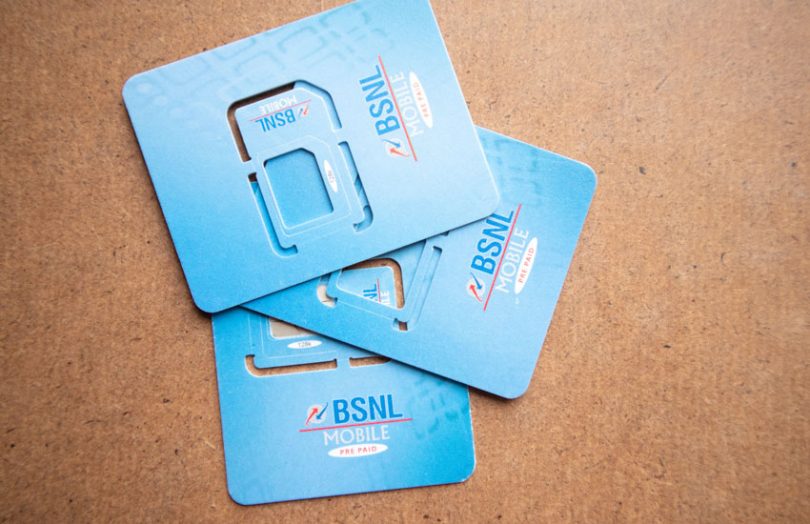India’s state-owned telecom company BSNL is using blockchain to tackle the commercial calling menace. It recently issued a warning to its users to refrain from using a landline or mobile connection to make marketing calls, reported Telecom Talk.
BSNL developed a distributed ledger technology (DLT) portal to create a registry of commercial and business entities, who wish to communicate with its customers. The new directive comes after the Telecom Regulatory Authority of India (TRAI) issued guidelines following 2018 legislation (TCCCPR). It aims to curb the problem of Unsolicited Commercial Communication (UCC) or spam calls and messages.
After registering on the DLT portal, telemarketers may only use designated number series and SMS services for commercial communications. For incoming calls, users can now set preferences based on product category, time, and mode of communication to receive promotions or block them altogether.
The TCCCPR regulation came into effect last year. A majority of Indian telcos offer free calling services to users, which has spiked telemarketing calls. An Economic Times report said that 1.81 million unregistered telemarketers had been disconnected, and service providers blacklisted 5580,000 since 2011 in India.
India has about 900 million wireless communication subscribers, according to data from TRAI. Customers can register their number for the ‘Do Not Disturb’ (DND) service to block any telemarketing calls. But the numerous unregistered telemarketers have prompted telcos in the country to implement additional measures to curb the practice.
Customers registered for DND services may lodge a complaint with their service providers if they continue to get spam calls and SMS. “Such unauthorized use may lead to usage restriction or blacklisting,” said BSNL.
Meanwhile, other telcos such as Bharti Airtel, Vodafone Idea, and Reliance Jio are also exploring the use of private numbers for making telemarketing calls. Vodafone Idea and Jio are developing blockchain solutions in partnership with Tanla Solutions and Tech Mahindra, respectively, as previously reported. Bharti Airtel has a tie-up with IBM.
TRAI guidelines advise telecom operators to leverage blockchain for reducing unwanted communication.
This is just one blockchain use case that telecoms companies are exploring. Across the world, there are several telecom blockchain initiatives, including the two consortia, Carrier Blockchain Study Group and Communications Blockchain Network.






